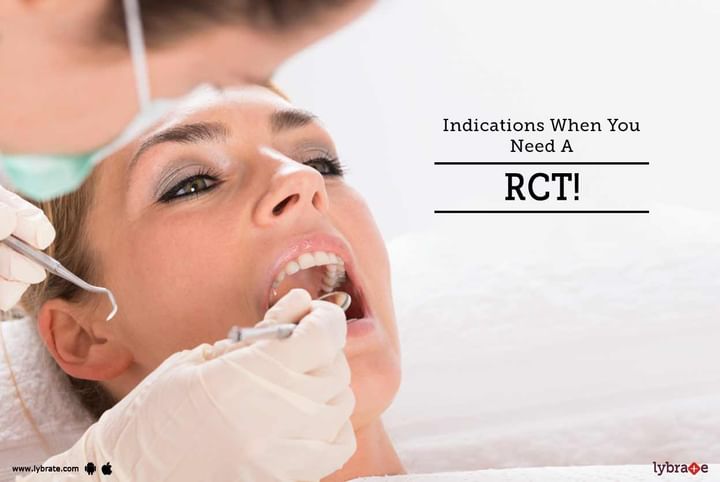Indications When You Need A RCT!
The tooth may seem like a hard, white structure, but it has a complex supply of blood and nerve vessels that give it the essential nutrition. From outside in, the tooth has 3 layers the enamel which is the hard white substance, the dentin which is next, and then the pulp under it where there is a fine supply of blood vessels and nerves. When the pulp is affected in any manner, trauma or infection, then tooth pain ensues and requires treatment.
While extraction was the norm earlier, now all efforts are made to preserve a tooth. RCT preserves the natural tooth by removing the infected nerve and blood vessels, cleaning up the canal, and sealing the canals from inside so that further infection does not happen.
Why RCT?
Preserved chewing function, normal biting force and sensation, preserved natural appearance, and reduced strain on other teeth, thereby maintaining oral harmony. As complex as it may sound, it is usually done in 3 to 4 appointments, giving the tooth enough time to heal in between. The patient is iven antibiotics so that any infection is cleared out.
So, when should root canal treatment (RCT) be done?
- Infection: The most common indication of RCT would be infection. When decay crosses the enamel and dentin, which can be treated completely with simple restorations, and reaches the pulp, pain ensues. In fact, pain is the first symptom that decay has reached the pulp. Though in very superficial infections, it can be treated with pulp capping, in most cases, RCT is done to clear out the infection and preserve the tooth.
- Faulty dental procedures: If there has been a dental procedure done on the tooth earlier and it has failed, could be a crown or repeated fillings for decay, then RCT is the next logical decision.
- Cracked tooth: If there is a cracked tooth, especially vertical crack along the length of the tooth, then the chances that infection will reach the pulp through the crack are high. These teeth are usually root canal treated to preserve the natural dentition.
- Trauma or accidents: With the impact of the trauma, there might be no obvious damage to the tooth but it could lead to death of the vital pulp. These show up as discolored teeth over time. These require RCT and a crown placement.
- Teeth in the line of cancers or cysts: Before surgery or radiation is done, it is usually safe to root canal treat the tooth in the line of treatment (or sometimes remove them) before surgery or radiation is done.
Root canal treatment helps both by keeping the original tooth intact and by removing the danger that arises out of infection or trauma. In case you have a concern or query you can always consult an expert & get answers to your questions!



+1.svg)
